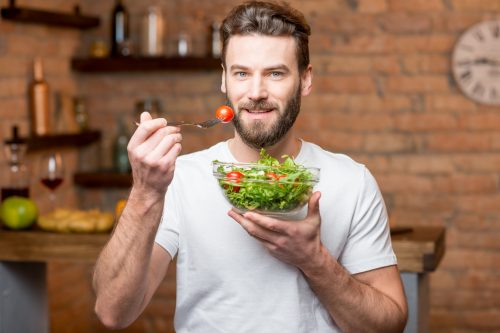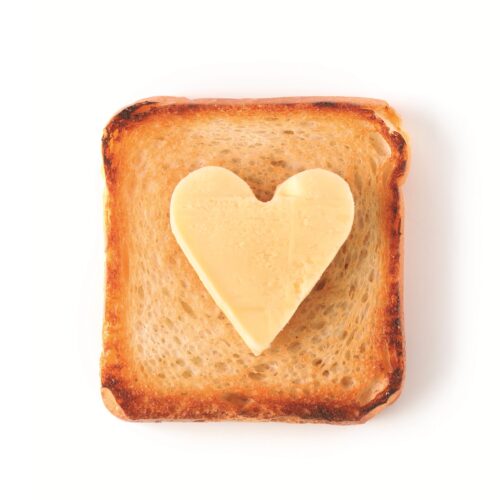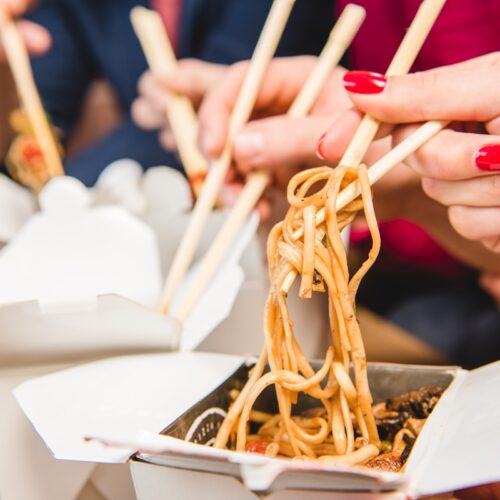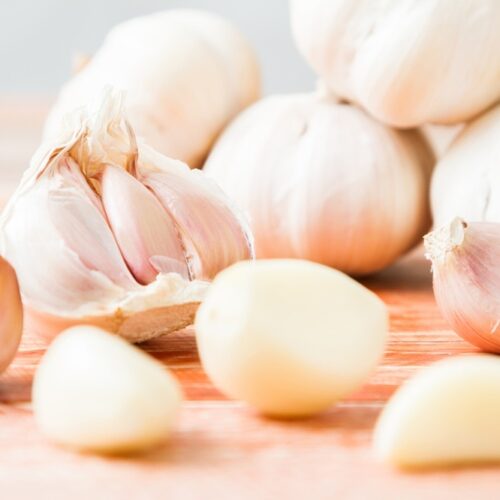
Health reporter Virginia McMillan talks to the experts about a common cancer for men – and what we can do to prevent it.
What is the prostate?
Many men won’t be able to tell you what or where their prostate gland is. Yet most men will experience some sort of prostate problem in their lifetime. The prostate is a donut-shaped gland sitting just below the bladder in men, behind the pubic bone and just in front of the rectum. The prostate wraps around the urethra (the tube that carries urine from the bladder to the penis). The size of a walnut in younger men, the prostate gland continues growing as men age, which can affect bladder control.
What does it do?
During sexual activity, the prostate produces part of the seminal fluid that nourishes the sperm. It also helps to control the flow of urine.
What is prostate cancer?
Prostate cancer – a malignant tumour of the prostate gland – is the most common cancer in New Zealand men. It can spread into surrounding tissues and to other parts of the body. Malignant tissue can slowly form in the prostate gland over many years, without causing symptoms, and it’s likely lifestyle plays at least some role. Family history is among other risk factors: having one or two close family members with the diagnosis increases a man’s risk significantly.
Can it be prevented?
Cancer-survivor Barry Young, president of the Prostate Cancer Foundation of New Zealand, recommends a few basic steps to lower the risk of prostate cancer. He says having a healthy diet, “not over-indulging in any particular thing”, and not smoking are the best things men can do. It seems sensible to follow a diet low in meat and to eat lots of fruits and vegetables, says Mr Young, but there is no magic preventive ingredient or dietary cure for prostate cancer.
Still, the major report of the World Cancer Research Fund (WCRF) in 2007 shows the medical world now takes diet very seriously in cancer. The report confirms the importance for preventing cancer of exercise, normal weight and plant foods. It also cautions on the amounts of meat, fat, sugar and alcohol we consume.
The report also places a question-mark over processed meat and says there is a limited suggestion here of increased risk of prostate cancer.
Christchurch-based dietitian Julie Beadel has a special interest in nutrition and cancer. She puts it this way: “A balanced diet every day, based on the four food groups [vegetables and fruits; breads and cereals; milk and milk products; lean meat, poultry, seafood, eggs, nuts and seeds, and legumes] is your best bet for reducing cancer risk.” She says the best sources of nutrients for cancer prevention are nutrient-rich whole foods and healthful beverages.
Healthy eating for prostate cancer sufferers
If you have been diagnosed with prostate cancer, the same healthy diet advice applies. It is also important to let your GP and dietitian know if you’re using or planning to use supplements. In the case of prostate cancer, the urologist should also be informed.
There is research suggesting too much of some vitamins may increase risk of advanced prostate cancer, and some therapies and products are known to adversely affect conventional cancer treatments, so get individual guidance.
During treatment
- Cancer often increases nutritional needs
- Some diets and nutrients are harmful and can interfere with treatment
- Focus on maintaining (not gaining) weight and muscle
- Appetite and food preferences may change
- If on radiotherapy, men may need to cut down on fibre
- Registered dietitians can individualise a diet plan for the cancer patient
Eating to reduce your prostate cancer risk
At any age, men can start a healthful diet and have a good chance of reducing the risk of getting prostate cancer. Remember other factors are also involved, and tumours of the prostate develop slowly over time.
Tomatoes
- Eat cooked tomatoes
- Add pasta sauce, ketchup, tomato paste to meals
Fruit and vegetables
- Eat plentifully for antioxidants and to help maintain a healthy weight
Meat, fat, dairy
- Vegetarianism is not compulsory but go easy on meat
- Keep processed and charred meats to an absolute minimum
- Don’t overindulge in dairy products
Legumes
- Haricot beans, chickpeas and lentils (useful in salads, curries, casseroles)
Alcohol
- In moderation, if at all
Non-alcoholic drinks
- Drink tomato juice
- Drink water throughout the day
Weight
- Stay within a normal BMI
Foods for general prostate health
Tomatoes
Tomatoes have been acclaimednfor a protective effect, attributed to the antioxidant lycopene. The WCRF report says it’s probable that lycopene decreases the risk of prostate cancer.
Tomato-based products can increase lycopene in the prostate gland, explains the US Prostate Cancer Foundation, and as such may help protect tissue from the damage of inflammation and free radicals.
Julie Beadel points out lycopene’s benefits can be obtained only by eating lycopene-rich foods. “Tomato-based products, such as pasta sauce, tomato juice, ketchup and tomato paste are by far the major sources of lycopene in the typical New Zealand diet,” she says.
“Lycopene is easier to absorb from cooked or processed tomatoes, compared with raw tomatoes. Other fruits and vegetables such as watermelon and pink grapefruit also provide lycopene, but in smaller amounts.”
Researcher Francesca Crowe, of Otago University, works with Oxford University (England) on the European Prospective Investigation Into Cancer and Nutrition (EPIC). Dr Crowe says in an EPIC study, men with higher blood levels of lycopene had a slightly lower risk of prostate cancer. Overall the data are mixed, she says, but there’s no harm in eating cooked tomato regularly and there may be a benefit.
Fruit and vegetables
Dr Crowe says overall vegetable intake does not appear related to the risk of prostate cancer. And, indeed, the perceived power of fruits and vegetables has recently taken a beating, with a major study reporting in April only a “modest” effect on general cancer risk.
However, people eating an extra 200g of fruits and vegetables a day had a three per cent lower risk, and 100g gave a two per cent reduced risk. So experts won’t be downplaying the importance of fruits and vegetables, says
Dr Crowe.
The Cancer Society has noted fruit and vegetables are “potentially protective” and play an important role in body weight. They recommend at least two servings of fruit and three of vegetables daily.
June Beadel advises that legumes – such as haricot beans, chickpeas and lentils – also be included in the diet. The WCRF has noted limited evidence of decreased prostate risk.
Selenium
A lot of hope has been placed on selenium, which the WCRF report sees as another probable contributor to decreasing risk of prostate cancer.
New Zealand men don’t get much selenium from foods because our soils are selenium- deficient. But there isn’t research yet to show whether adding selenium via diet or supplement will help these men or not, says Dr Crowe.
“For European men (with adequate baseline selenium), the promising results from early studies have not been confirmed in a randomised trial.”
Meat, fat, protein, dairy
The expert group advising New Zealand’s medical profession says a diet high in animal fats and protein may increase the risk of developing prostate cancer.
Eating meat every day, of course, is not recommended for general health or for cancer prevention generally. But it’s also looking unlikely that meat, on its own, is a huge culprit in prostate cancer. Dr Crowe says EPIC has shown vegetarians do not have lower rates than non-vegetarians.
Recent major studies also show little or no association between fat intake and prostate cancer, she says.
She advises also to watch smoked or salt-preserved foods, as well as cooking methods.
“It is best not to overcook or char foods as this may lead to the formation of substances that promote cancer.”
The WCRF was convinced of an increased risk from diets high in calcium but less so about calcium-rich milk and dairy products in the diet.
Dairy could be having an effect, says Dr Crowe. “The jury is out as to which component in dairy might raise the risk of prostate cancer: it doesn’t appear to be the fat component.”
Other factors
Alcohol
Dr Crowe’s readings suggest there’s little association between alcohol and prostate cancer. However, last year an overview study did find a link between heavy drinking and the condition.
Weight
Dr Crowe has looked at data on BMI and the risk of dying of prostate cancer, and says so far the message is that with lower BMI comes lower risk.
In one small study, although this wasn’t seen, the progression of the disease was worse with weight gain.
So the lean, mean prostate cancer-fighting machine will be the man who isn’t a slave to bacon and eggs, fish and chips, pizza, fizzy drinks and ice cream. He will also need to be aware that even his less energy-dense and more nutrient-rich diet is no guarantee, and that age will slowly but surely increase his risk.
For more information
- NZ Prostate Cancer Foundation: www.prostate.org.nz
- US Prostate Cancer Foundation: www.pcf.org
- Cancer Society of New Zealand: www.cancernz.org.nz
Prostate cancer affects…
- one in 500 men in their 40s
- one in 50 men in their 50s
- one in 14 men in their 60s
- one in nine men in their 70s
Prostate cancer is the leading cancer in NZ men (2500 new cases each year).
www.healthyfood.com











